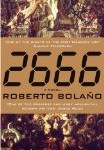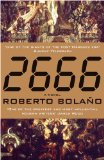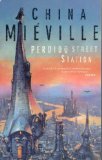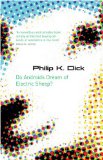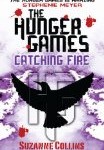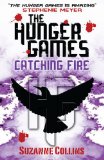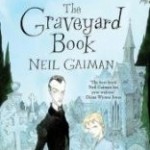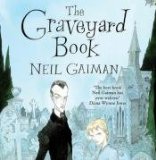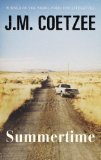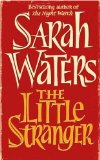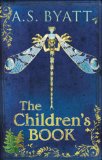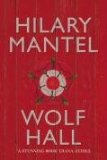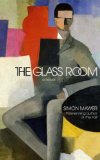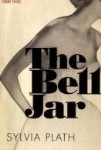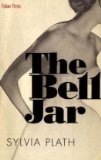Steph and Claire are hosting a read-along for the highly acclaimed book, 2666, by Chilean author Roberto Bolaño. The novel is 900 pages long, and divided into 5 parts. We are reading one part a month.
Here are my thoughts on Part 4: The Part About the Crimes
I loved Part 3, I felt that all the random, seemingly unconnected events of the first two parts were finally coming together. The end of the third section was such a cliffhanger that for the first time in this read-along I was tempted to dive straight into the fourth part. I had also read many reviews for 2666 which stated that all the action finally occurred in Part 4.
Unfortunately, Part 4 did not live up to my expectations, and I found it to be the weakest section so far.
As suggested by the title, this section focuses on the crimes. Throughout the first three sections we had heard snippets of information about the chain of women murdered in the town of Santa Teresa, but no specific facts. This section corrects that by giving detailed information about every victim. Almost every paragraph introduces us to a new victim, noting the month they were murdered, their physical appearance and the way in which they were killed. Instead of giving a voice to each of these unfortunate woman I felt that the repetition distanced me from each of them. The continual jumping from one person to the next meant that I didn’t connect with any of them, and they became of blur of names, dates and physical attributes.
I had been worried about the violence in this section, as several people had warned me about the graphic detail, but because I felt no emotional connection to the victims the violence did not bother me at all. Some of the descriptions were more brutal than others, but none of them affected me at all. In fact this entire section left me cold. It felt more like police notes than a novel and I gained little enjoyment from reading it at all.
I made a note of several quotes that I thought would be representative of this chapter and was interested to discover that they all sounded more beautiful and profound when taken out of context:
I’m talking about visions that would take away the breath of the bravest of brave men. In dreams I see the crimes and it’s as if a television set has exploded and I keep seeing, in the little shards of screen scattered around my bedroom, horrible scenes, endless tears.
It seemed as though being surrounded by the details of the crimes reduced the beauty of everything.
I am now apprehensive about reading the final section. I am really hoping that everything comes together in a complex and impressive way, as otherwise I think I will be disappointed by the book as a whole.
![]()
Were you affected by the graphic violence in this section?
Are you looking forward to reading the final part?
